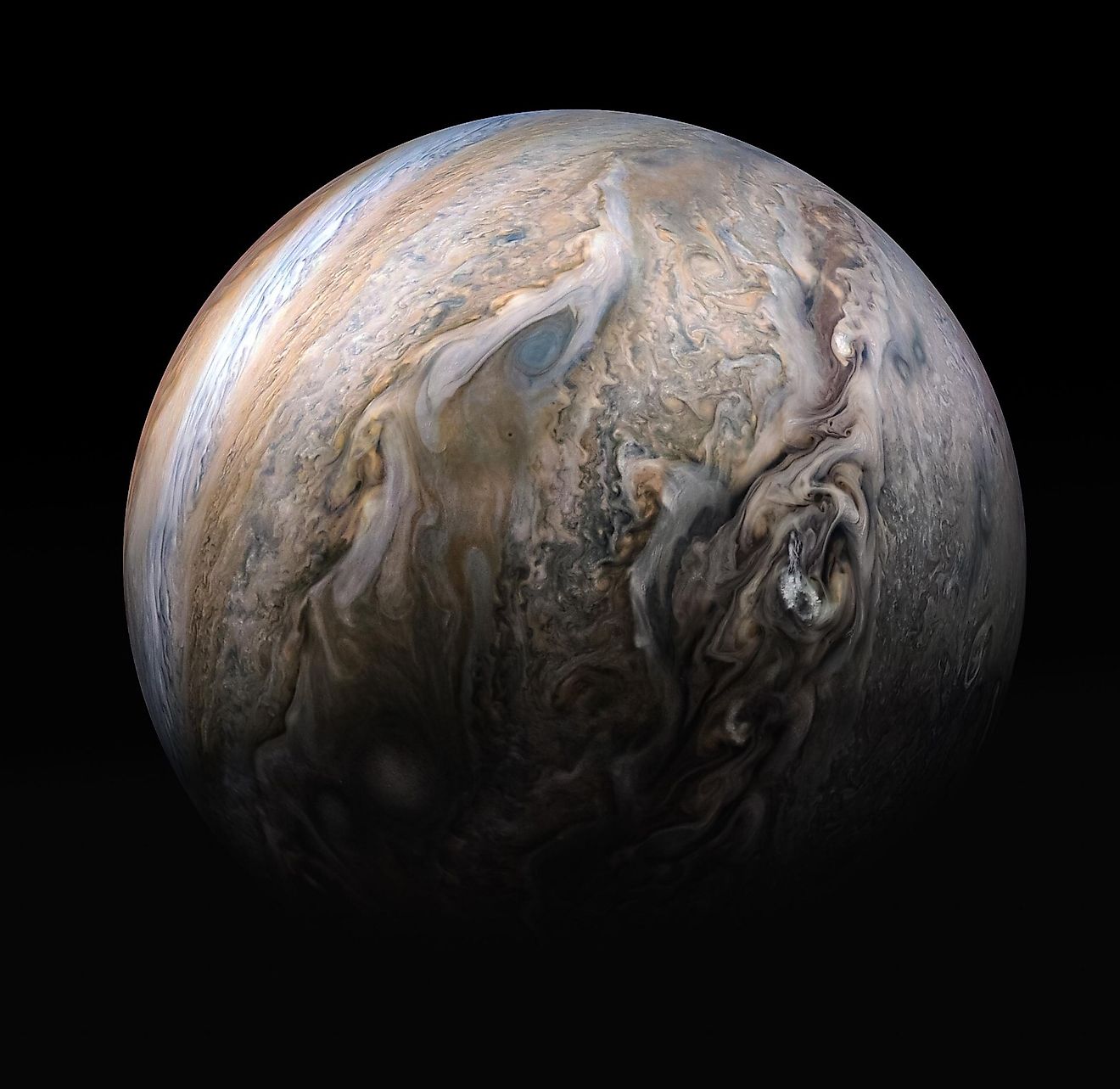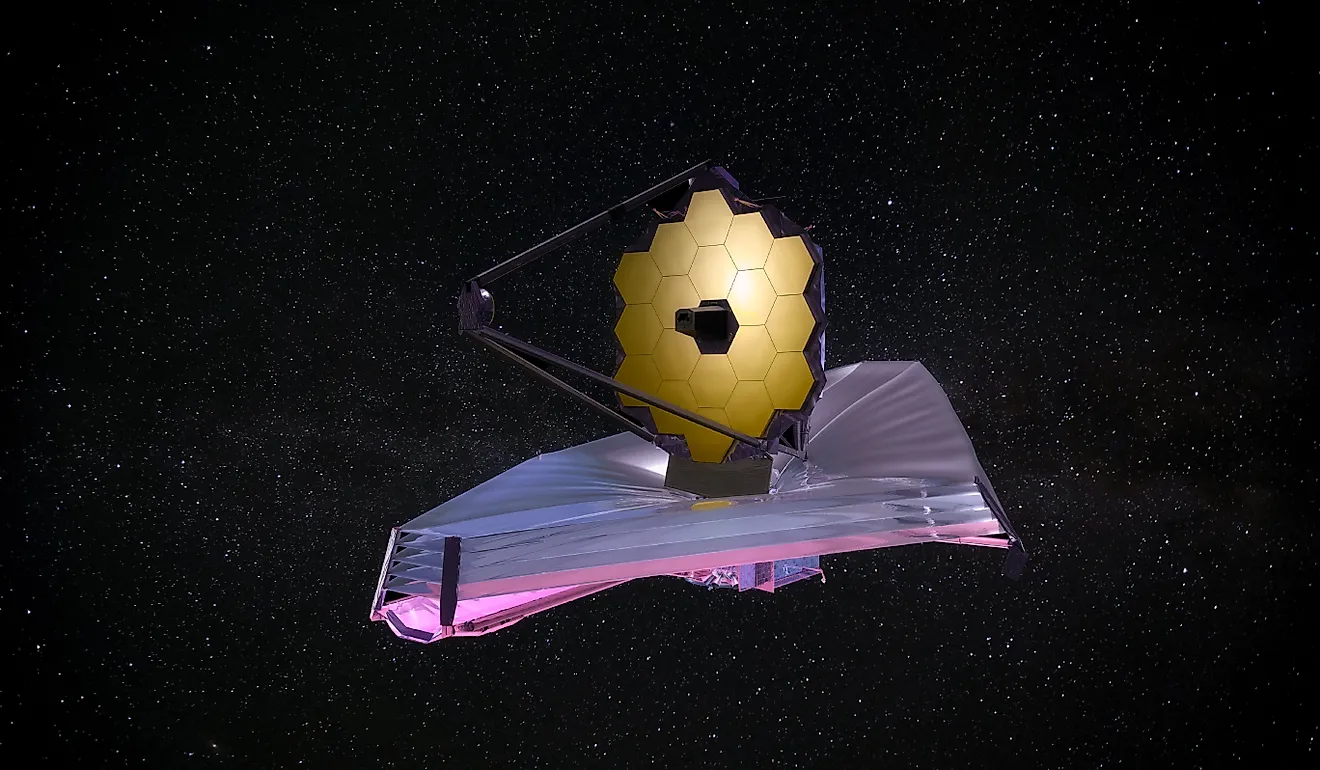
How Many New Species Are Discovered Every Year?
Our world is full of unique plants and animals. From tiny insects to millions of plants, birds, mammals, and reptiles, the earth is teeming with life. Despite our many scientists and biologists, there is still a lot about the world that we have yet to discover. Each year, a large number of species are discovered, named, reclassified, or categorized.
What is a Species?
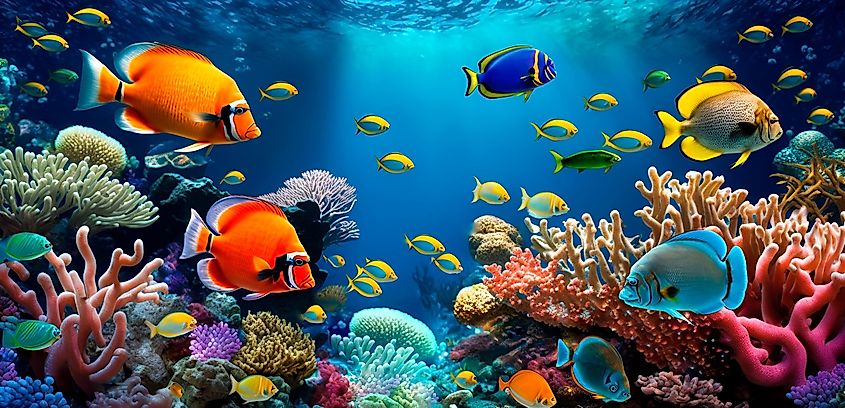
Before we can explain how many species are discovered each year, it is helpful to understand what a species is. The classification of life falls into a series of categories. kingdom, phylum, class, order, family, genus, and finally, species. This means that a species is the most specific way to identify a plant or animal and is one of the most basic biological identifiers. Generally, a species is a group within which two individuals can successfully breed to produce fertile offspring. All animals, plants, fungi, and living things are categorized in this way.
How Many Species Are There?
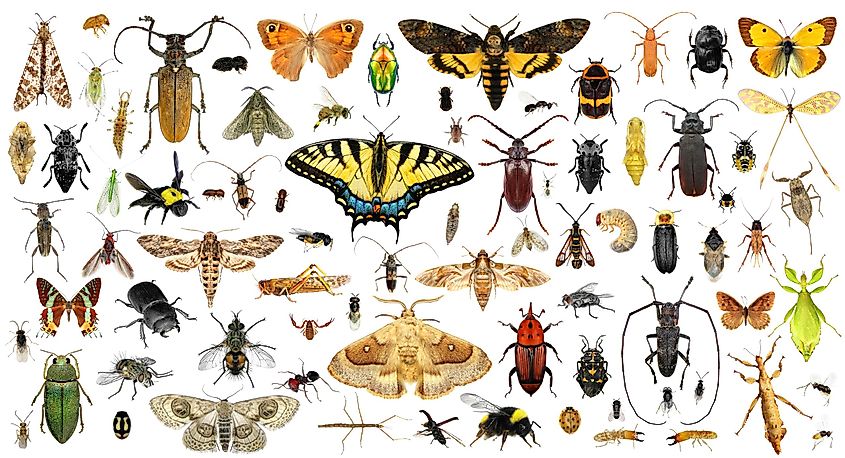
Biologists have determined that there are likely 8.7 million different species on the planet, but there are only around 1.2 million species that have been specifically identified and recorded. All of the species on the planet, and more specifically the species which are found in a given area is known as biodiversity.
How Many Species do We Identify a Year?

Every year, an estimated 15,000 and 18,000 new species are discovered. But not all of these discoveries are entirely brand new animals found in the wild. Sometimes, a whole new species may be discovered, but oftentimes, biologists look into old research and re-classify already-discovered species. A biologist may have recorded findings of several animals from a given species, only to realize later one of the specimens was different from the others. While all types of species are discovered every year, insects are by far the most common new discoveries.
Where are New Species Found?
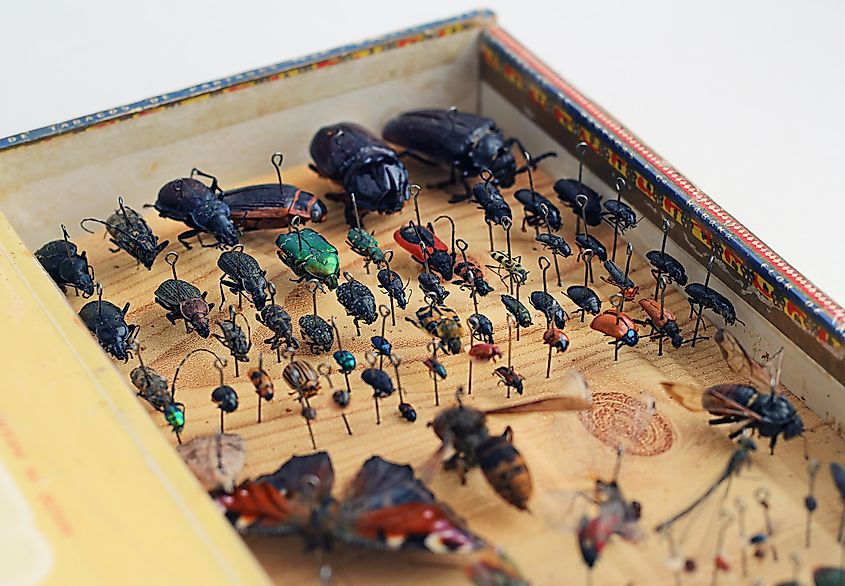
New species can be found all over the world, from cities to jungles, oceans to forests. There are certain places, though, that are more likely to hold species we have not yet found. Some countries that have produced the most new discoveries in recent years include Morocco, Australia, China (specifically eastern China), and Mexico. Places less frequented by people are more likely to have wildlife scientists haven’t seen yet. For example, jungles and areas of dense vegetation are more challenging for humans to get to, so it stands to reason that there are more undiscovered species there. Countries or regions experiencing civil unrest, wars, or even natural disasters may also have unknown species because it has not been safe for scientists and biologists to explore those regions.
How is a New Species Determined?

As technologies have advanced, so have taxonomy and the classification of species. DNA testing can be used to determine if a specimen matches a known species or is something entirely new. Similar-looking species will often live in the same or adjoining region as a known species. To the eye, these creatures might appear the same, but DNA has revealed that they are genetically different. These advancements in DNA are a significant part of why so many new species are discovered each year, as animals or plants that scientists once thought were the same species are revealed to be different, and they are then reclassified.
Helping to discover new species and understanding the species and population quantities of the species we already know is a big part of creating and monitoring the Endangered Species List. Learning about the classifications of animals and plants will help us understand how to maintain healthy natural population levels in a given region.







